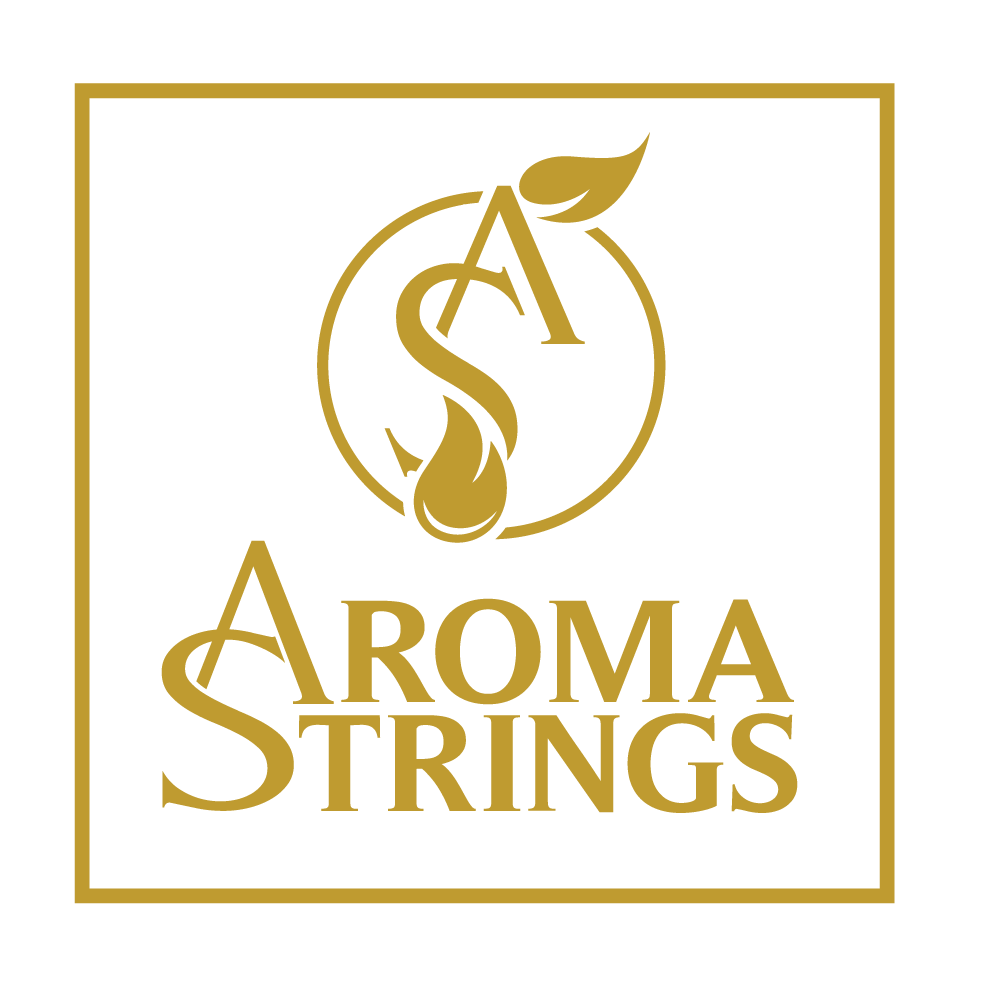Introduction
Keeping your home clean and fresh doesn’t require harsh chemicals or expensive commercial products. Essential oils offer a natural and effective way to create your own cleaning products, bringing the power of nature into your cleaning routine. This blog will guide you through the benefits of using essential oils in cleaning, the best oils to use, and DIY recipes for various cleaning needs.
Benefits of Using Essential Oils in Cleaning
Using essential oils in your cleaning products has several advantages:
- Natural and Non-Toxic: Essential oils are derived from plants, making them a safer alternative to chemical-laden cleaning products.
- Antimicrobial Properties: Many essential oils have natural antibacterial, antiviral, and antifungal properties that help keep your home hygienic.
- Pleasant Aromas: Essential oils leave your home smelling fresh and clean without synthetic fragrances.
- Eco-Friendly: DIY cleaning products reduce plastic waste and are better for the environment.
Top Essential Oils for Cleaning
1) Lemon Oil
- Benefits: Antibacterial, antiviral, and fresh scent.
- Uses: Great for cutting through grease and grime, disinfecting surfaces, and freshening the air.
2) Tea Tree Oil
- Benefits: Antimicrobial, antifungal, and antiseptic properties.
- Uses: Ideal for disinfecting and deodorizing, especially in bathrooms and kitchens.
3) Lavender Oil
- Benefits: Antibacterial, antifungal, and calming scent.
- Uses: Perfect for general cleaning and adding a pleasant aroma to your home.
4) Peppermint Oil
- Benefits: Antimicrobial and invigorating scent.
- Uses: Effective for deterring pests, cleaning surfaces, and refreshing the air.
5) Eucalyptus Oil
- Benefits: Antibacterial, antiviral, and deodorizing properties.
- Uses: Excellent for cleaning bathrooms, kitchens, and for its fresh scent.
6) Cinnamon Oil
- Benefits: Antibacterial and antifungal properties.
- Uses: Useful for disinfecting and adding a warm, spicy scent to your home.
DIY Cleaning Product Recipes
1) All-Purpose Cleaner
Ingredients:
- 1 cup water
- 1 cup white vinegar
- 10 drops lemon essential oil
- 10 drops tea tree essential oil
Instructions:
- Combine water and vinegar in a spray bottle.
- Add essential oils and shake well
- Spray on surfaces and wipe clean with a cloth
2) Glass and Mirror Cleaner
Ingredients:
- 1 cup water
- 1 cup rubbing alcohol
- 1 tablespoon white vinegar
- 10 drops peppermint essential oil
Instructions:
- Mix all ingredients in a spray bottle.
- Shake well before each use.
- Spray on glass or mirrors and wipe with a lint-free cloth.
3) Disinfecting Wipes
Ingredients
- 1 cup water
- 1/2 cup white vinegar
- 10 drops eucalyptus essential oil
- 10 drops tea tree essential oil
- Cloth wipes or paper towels
Instructions:
- Mix water, vinegar, and essential oils in a bowl.
- Pour the mixture over cloth wipes or paper towels in an airtight container.
- Use wipes to clean and disinfect surfaces.
4) Bathroom Cleaner
Ingredients:
- 1 cup baking soda
- 1/4 cup liquid Castile soap
- 10 drops tea tree essential oil
- 10 drops lavender essential oil
Instructions:
- Combine all ingredients in a bowl to form a paste.
- Apply the paste to bathroom surfaces with a sponge or brush.
- Scrub and rinse with water.
5. Floor Cleaner
Ingredients:
- 1 gallon hot water
- 1/2 cup white vinegar
- 10 drops lemon essential oil
- 10 drops eucalyptus essential oil
Instructions:
- Mix all ingredients in a bucket.
- Use a mop to clean floors, ensuring even distribution.
- Let the floor air dry.
6) Air Freshener Spray
Ingredients:
- 1 cup water
- 2 tablespoons vodka or rubbing alcohol
- 10 drops lavender essential oil
- 10 drops lemon essential oil
Instructions:
- Combine all ingredients in a spray bottle.
- Shake well before each use.
- Spray into the air to freshen up any room.
7 )Furniture Polish
Ingredients:
- 1/2 cup olive oil
- 1/4 cup white vinegar
- 10 drops lemon essential oil
Instructions:
- Mix all ingredients in a spray bottle.
- Shake well before each use.
- Spray onto a cloth and polish furniture surfaces.
Tips for Using Essential Oils in Cleaning
- Test Surfaces: Always test a small area before using any DIY cleaner on a new surface to ensure it doesn’t cause damage.
- Proper Dilution: Essential oils are potent, so proper dilution is essential to avoid any adverse effects.
- Storage: Store DIY cleaning products in dark, glass containers to preserve the potency of the essential oils.
- Labeling: Clearly label your DIY cleaning products with their contents and date of creation.
Conclusion
Creating your own cleaning products with essential oils is an excellent way to maintain a clean and healthy home environment naturally. By harnessing the antimicrobial properties and pleasant aromas of essential oils, you can effectively clean and disinfect your home without relying on harsh chemicals. Try these DIY recipes and enjoy a fresher, more eco-friendly approach to cleaning.
